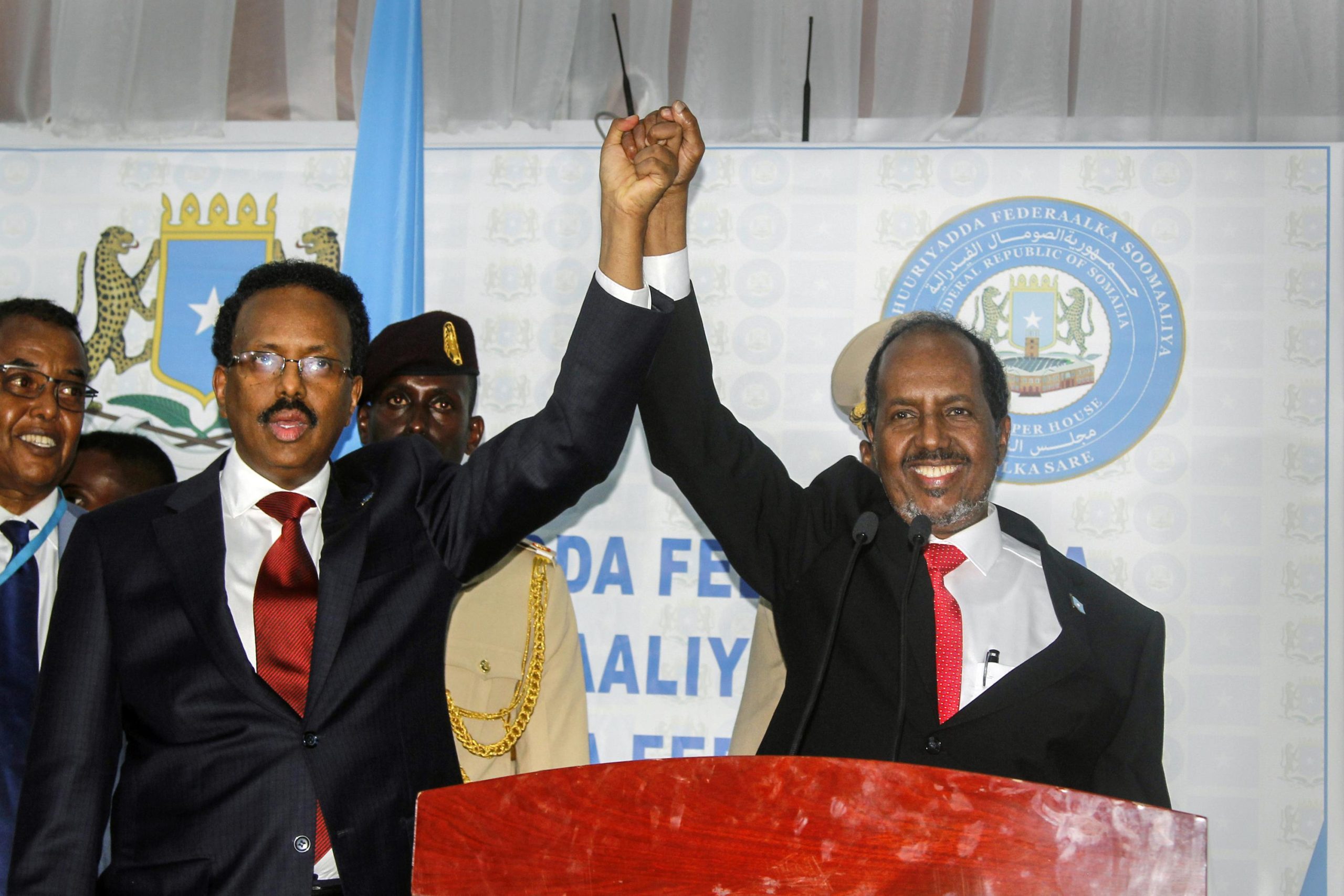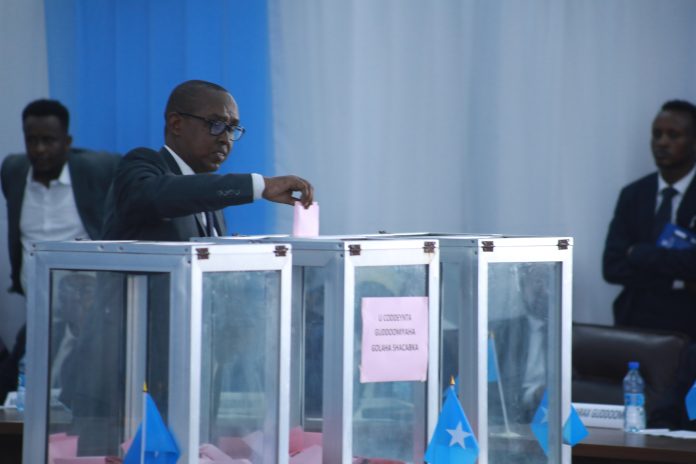Somali Magazine – In a significant development, the political crisis in Somalia has deepened amid the country’s electoral transition. The elections in Galmudug, Hirshabelle, Jubaland, and Southwest states have been delayed after the state parliaments decided to extend the term of presidential office to five years last year.
Politicians and presidential candidates in Galmudug are planning for elections in February 2024 after the president’s four-year term ends. This move could indicate a possibility of disorder in the state. The Somaliland National Electoral Commission officially announced the schedule for the upcoming elections on 17 July, but the commission’s decision has faced opposition from political stakeholders amid ongoing fighting in Laascaanood.
The power-sharing disputes and discord within and between clans, in addition to political insecurity caused by al-Shabaab and Islamic State insurgencies, threaten the electoral transition agenda. This situation is a cause for concern for the international community and poses a significant challenge to the stability and future of Somalia.
The Political Landscape
The political landscape in Somalia is complex and fraught with challenges. The country has been in a state of civil war since 1991, and the current government, led by President Hassan Sheikh Mohamud, is struggling to maintain control over the entire country. The government’s authority is often challenged by various armed groups, including the Islamist militant group al-Shabaab.
The Role of Clan Politics
Clan politics play a significant role in Somalia’s political landscape. The country’s clans often have their own militias and control over specific territories. These clans often have disputes over resources and power, leading to frequent clashes. The government’s attempts to implement a power-sharing system among the clans have met with limited success.
The Threat of Insurgency
The threat of insurgency from groups like al-Shabaab and the Islamic State further complicates the political situation in Somalia. These groups often carry out attacks against government forces and civilians, undermining the government’s authority and creating a climate of fear and instability.
The International Community’s Role
The international community, including the United Nations and the African Union, plays a crucial role in Somalia. These organizations provide humanitarian aid, support the government’s efforts to establish control over the country, and help mediate disputes among the clans. However, their efforts are often hampered by the complex political situation and the ongoing threat of insurgency.
The deepening political crisis in Somalia poses a significant challenge to the country’s stability and future. The delayed elections, power-sharing disputes among clans, and the threat of insurgency all contribute to a volatile political situation. The international community’s continued support and engagement will be crucial in helping Somalia navigate this challenging period. However, it remains to be seen how the situation will unfold in the coming months.

